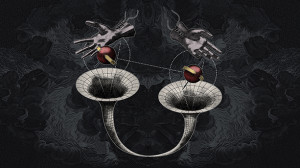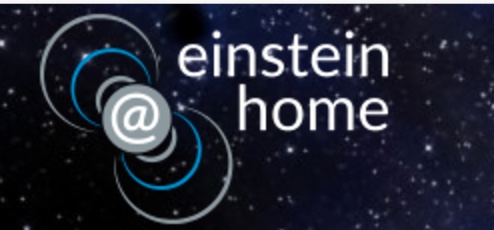Category Archives: Quantum Mechanics
Mathematicians Tame Rogue Waves, Lighting Up Future of LEDs | Quanta Magazine
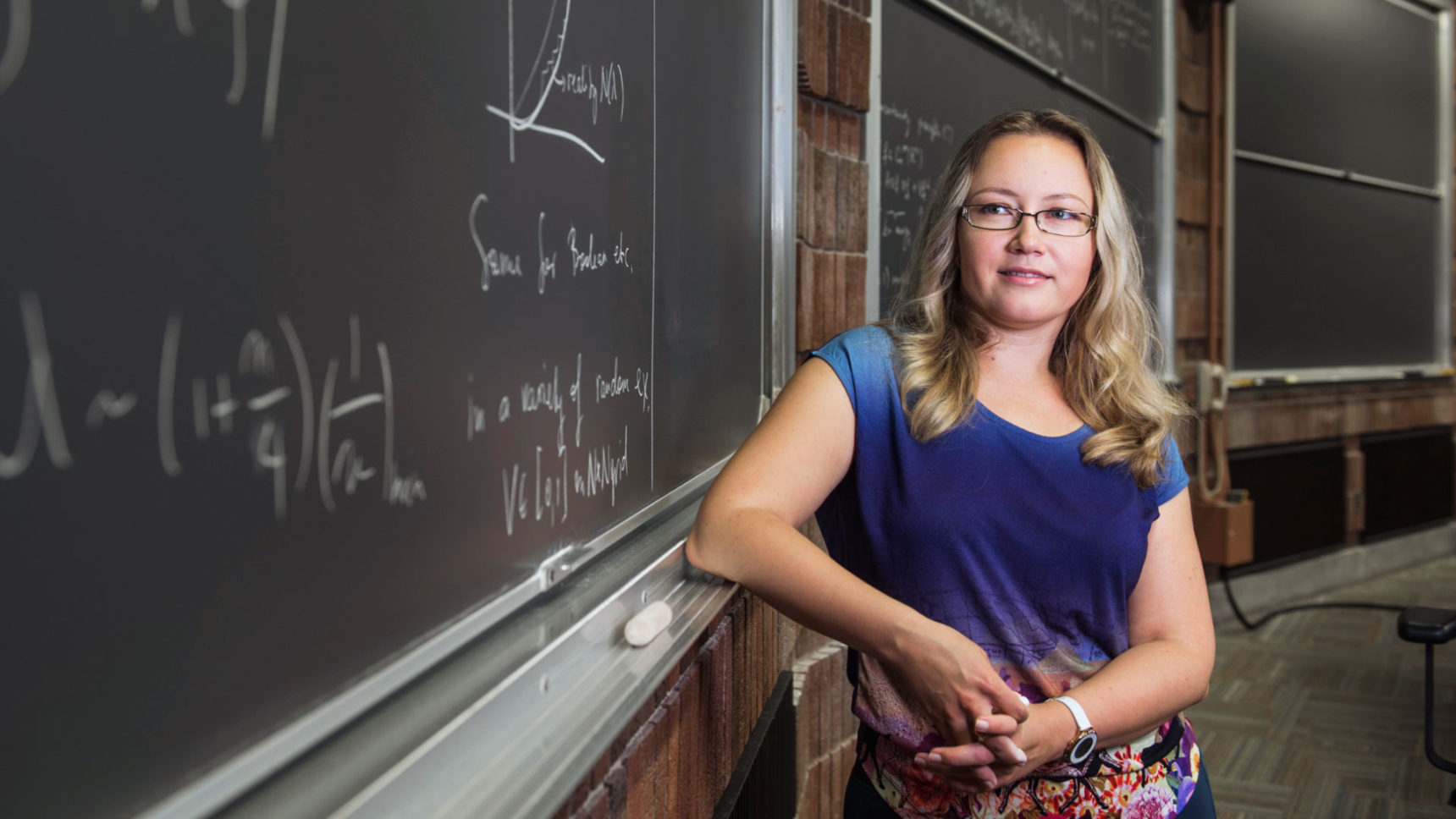 The mathematician Svitlana Mayboroda and collaborators have figured out how to predict the behavior of electrons — a mathematical discovery that could have immediate practical effects.
The mathematician Svitlana Mayboroda and collaborators have figured out how to predict the behavior of electrons — a mathematical discovery that could have immediate practical effects.
Source: Mathematicians Tame Rogue Waves, Lighting Up Future of LEDs | Quanta Magazine
Dawn of Private Space Science Symposium 2017 | #DPSS17
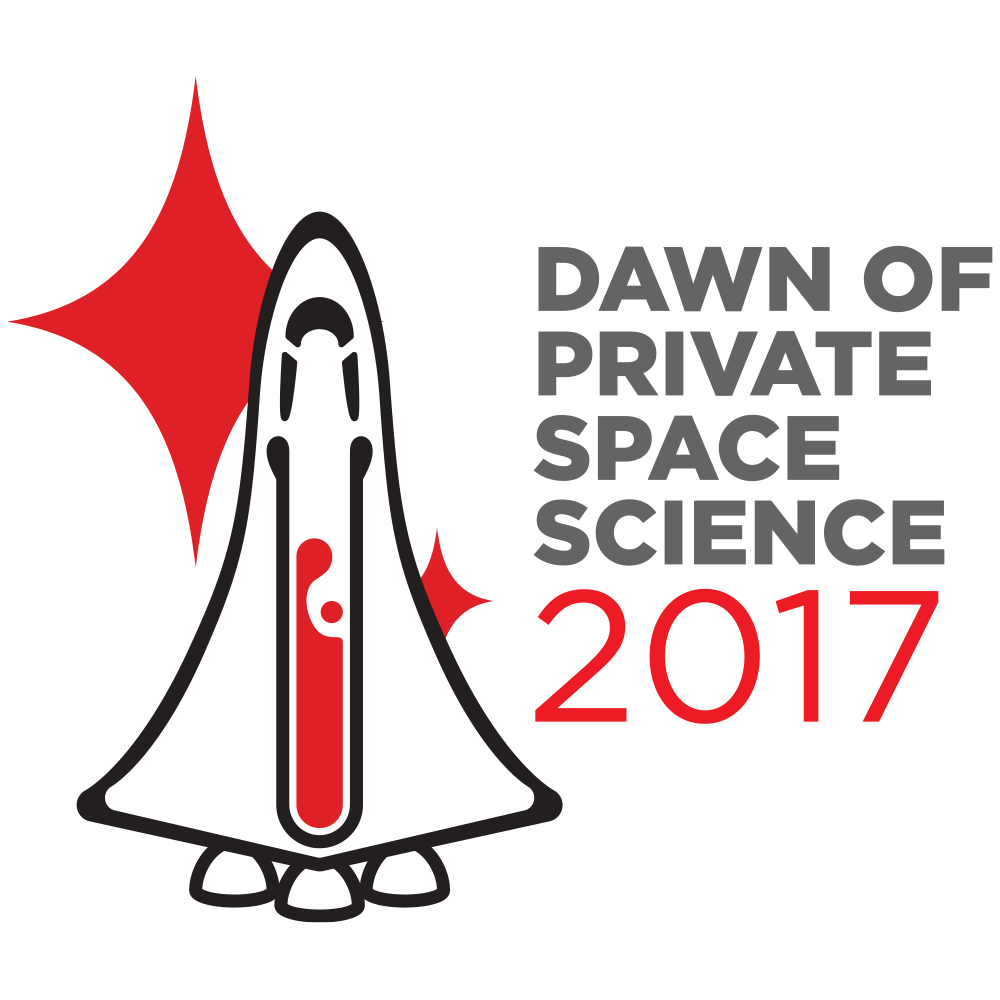 Bringing scientists, foundations, corporations, policy makers & private spacelines under one roof to chart the future of space science @ Columbia University
Bringing scientists, foundations, corporations, policy makers & private spacelines under one roof to chart the future of space science @ Columbia University
Source: Dawn of Private Space Science Symposium 2017 | #DPSS17
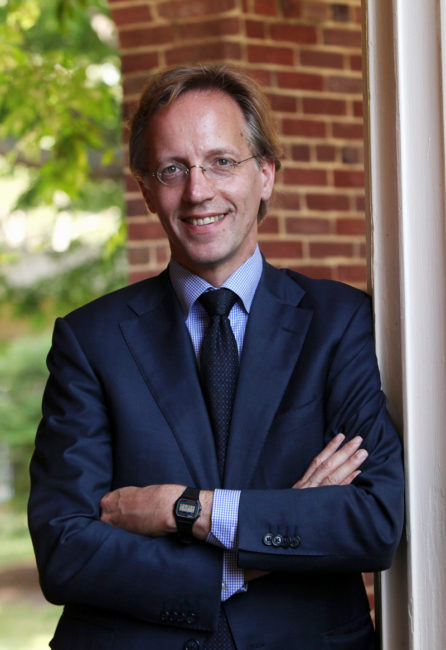
Quantum Questions Inspire New Math
 In order to fully understand the quantum world, we may have to develop a new realm of mathematics.
In order to fully understand the quantum world, we may have to develop a new realm of mathematics.
Mathematics might be more of an environmental science than we realize. Even though it is a search for eternal truths, many mathematical concepts trace their origins to everyday experience. Astrology and architecture inspired Egyptians and Babylonians to develop geometry. The study of mechanics during the scientific revolution of the 17th century brought us calculus.
Remarkably, ideas from quantum theory turn out to carry tremendous mathematical power as well, even though we have little daily experience dealing with elementary particles. The bizarre world of quantum theory — where things can seem to be in two places at the same time and are subject to the laws of probability — not only represents a more fundamental description of nature than what preceded it, it also provides a rich context for modern mathematics. Could the logical structure of quantum theory, once fully understood and absorbed, inspire a new realm of mathematics that might be called “quantum mathematics”?
Click here for the full article: Quantum Questions Inspire New Math
Physicists investigate the structure of time…
Although in theory it may seem possible to divide time up into infinitely tiny intervals, the smallest physically meaningful interval of time is widely considered to be the Planck time, which is approximately 10-43 seconds. This ultimate limit means that it is not possible for two events to be separated by a time smaller than this.
Physicists investigate the structure of time, with implications for quantum mechanics and philosophy
Time Entanglement Raises Quantum Mysteries | Quanta Magazine
Quantum Weirdness Now a Matter of Time Bizarre quantum bonds connect distinct moments in time, suggesting that quantum links — not space-time — constitute the fundamental structure of the universe.
Source: Time Entanglement Raises Quantum Mysteries | Quanta Magazine
Will Quantum Mechanics Swallow Relativity?
The Quantum Fabric of Space-Time
From Quanta Magazine: “The Quantum Fabric of Space-Time: Interactive: What Is Space?

